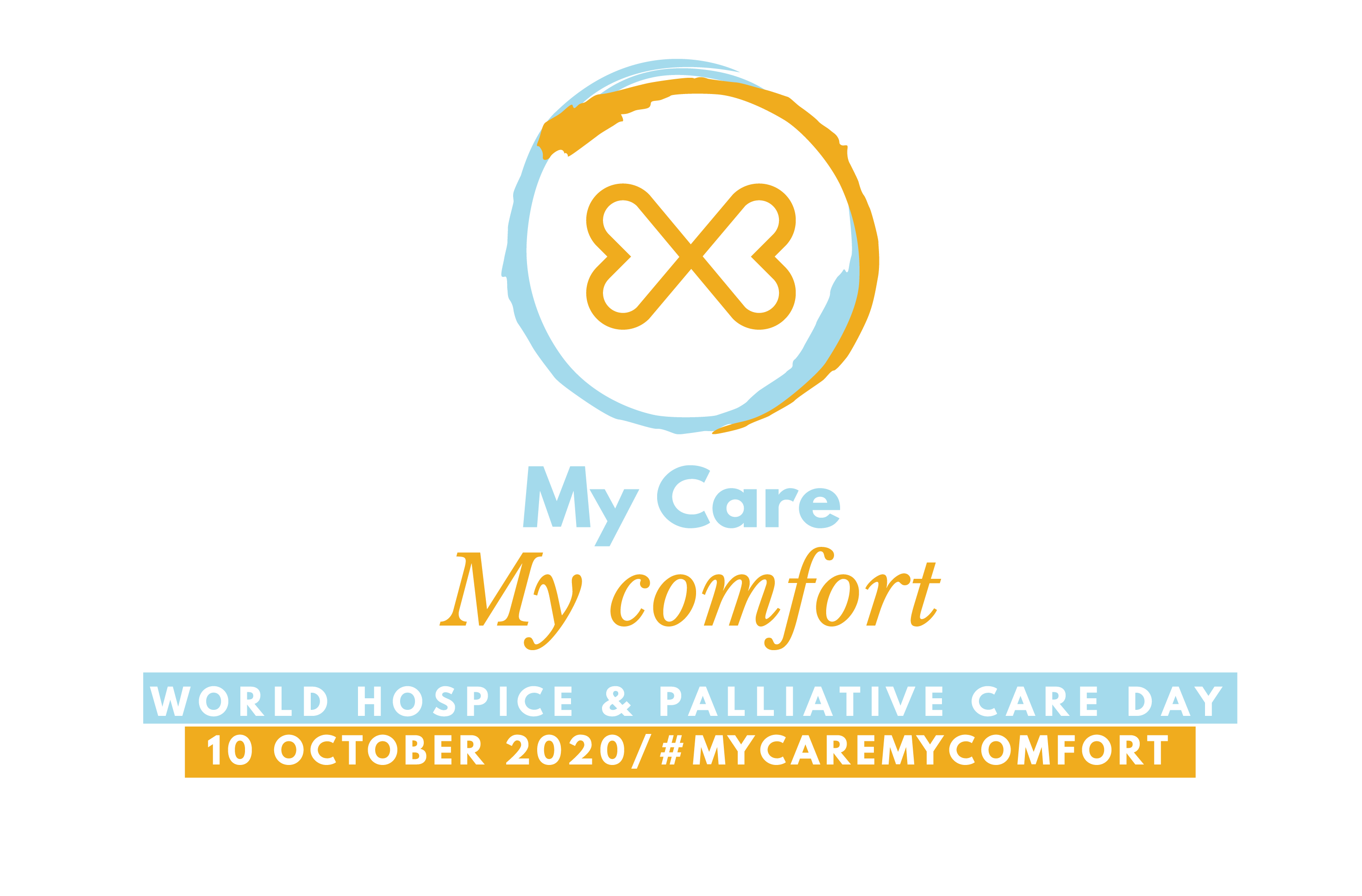Mrs. S was distraught. Her 5-year-old son was diagnosed to have leukemia a year ago. After a year of a brave fight for cure, they had to surrender to the power of the cancer. Now all her prayer was that the child should be pain free. Tearfully she pleaded for medications to keep him comfortable
without pain. ‘That is the least I can do for him and the greatest that you can do for me’, she said fighting tears.
Who is suffering the pain? Is it just the little child in pain? Where is the pain? Is the pain onlyphysical?
“Total pain” was first coined by Dame Cicely Saunders to describe the totality of pain which involves suffering in the physical, psychological, spiritual and social domains. Pain in one domain migrates to the other domain and so healing is never complete if all the aspects of pain are not explored and heard. In any disease, the patient does not suffer alone. The family and all the loved ones suffer too. The unit of care is not just the patient but the patient and family.
‘To cure sometimes, to relieve often but to comfort always’ is the medical dictum laid by Hippocrates – the Father of Medicine, years ago.
What is palliative care?
To Palliate means ‘to alleviate’ and that is what Palliative care stands for- To alleviate suffering.
It is a patient and family centered approach to care which aims to relieve pain and suffering and thus maintain quality of life through the various stages of the disease, accepting death as a natural process but enabling life to end with dignity.
Who needs Palliative Care?
Palliative care is an integral part of health care and is needed for every ailing person. However, patients with life limiting illness like muscular dystrophy, cystic fibrosis, chronic illnesses like heart failure, chronic kidney disease, chronic obstructive airway disease, dementia, stroke, AIDS and those considered refractory to curative treatment as in advanced cancer definitely need it more.
The caregivers are also recipients. Through the disease course, the caregivers suffer as much and sometimes more and need acknowledgement and support.
End of Life Care is a part of Palliative care.
Who provides Palliative care?
Palliative Care is more than holding hands, offering a shoulder to cry, a listening ear and giving a warm hug. An interdisciplinary team including representatives from all specialties-the primary physician, psychologist, dietician, physiotherapist, rehabilitation specialist, social worker makes
holistic care a reality and complete – treating the distressing physical symptoms with medicines and addressing the emotional issues with skilled counseling.
Where is Palliative Care provided?
Hospice care is not the same as Palliative care. Hospice care is a part of palliative care which is made available in special settings to the dying ensuring the best quality of life and dignity at death.
Palliative care can be provided at home, as outpatient and as inpatient. It is the home palliative care which would be the most comfortable and the winning setting for many. Herein the family and the community are involved as providers too and make the care an enriching experience for both the patient and the caregiver.
Palliative care is not new. Pioneered by Dame Cicely Saunders who opened the St Christopher Hospice in 1967, much progress has been made in this field of care. It has become an established specialty of care in United Kingdom, Australia, United States and many other countries.
In India the beginning has been made with Kerala taking the lead. More and more are feeling the need for palliative care with the growing incidence of non-communicable diseases and the aging population.
The Covid Pandemic has brought us face to face with harsh realities. It has brought out the best of humaneness in many – the front-line workers toiling 24*7 saving lives, risking their own. Sadly, it has also unmasked the worst in us too. Panic and paranoia have driven us to disrespect the ‘person’ in
the patient. Death remains a painful memory and the grief unsettled to the loved ones of those who were denied the dignity after death.
World Hospice and Palliative Care Day is observed on the 2 nd Saturday of October every year and is on October 10 th , this year.
‘To Care to Comfort’ is this year’s theme, aptly suited for this Covid scenario.
Let us all remember that all of us are capable of giving Care and Comfort and let us do it with Love, Compassion, Competence and Empathy. Let us remind ourselves that while doing this we are receiving too.
‘Knowing is not enough. We must Apply’
‘Willing is not enough. We must Do’
Dr. Geetha Ramamurthy
Specialist in Palliative Medicine
Lakshmi Pain and Palliative Care Trust
Chennai




